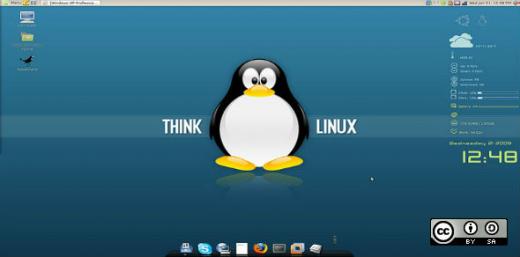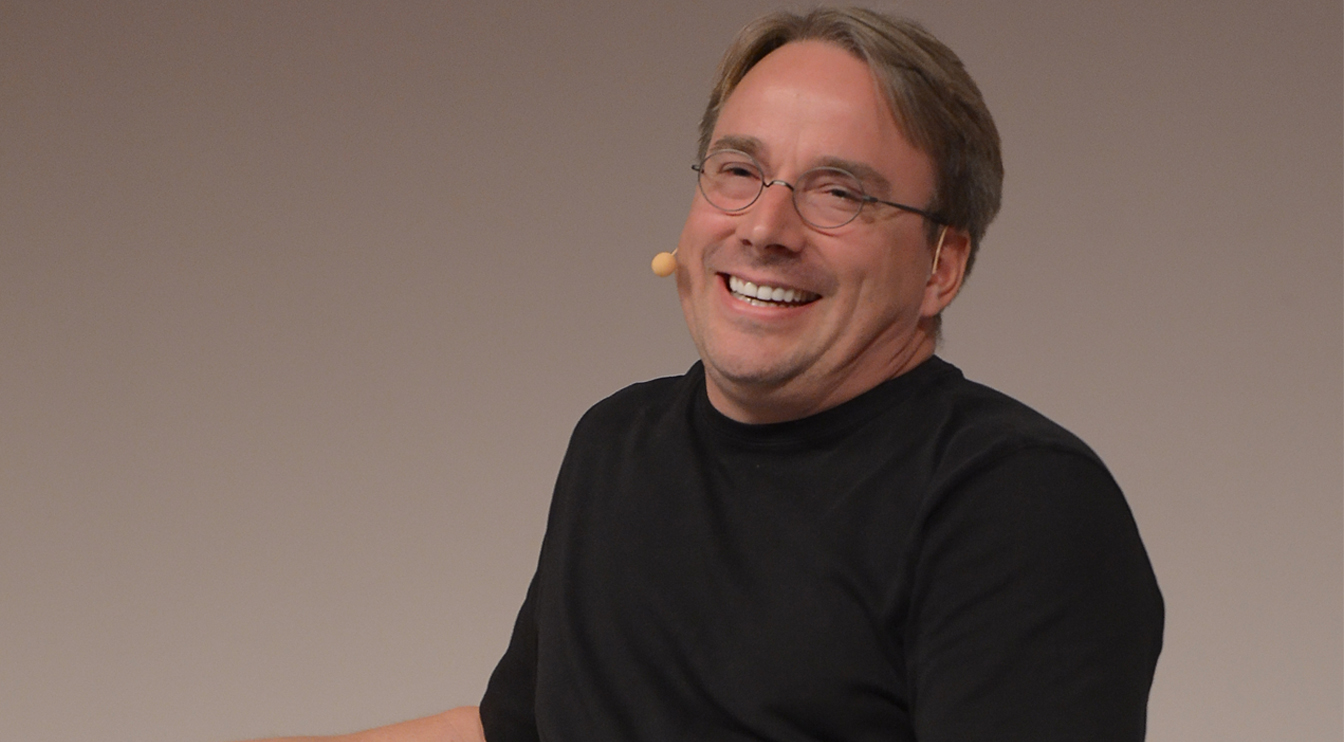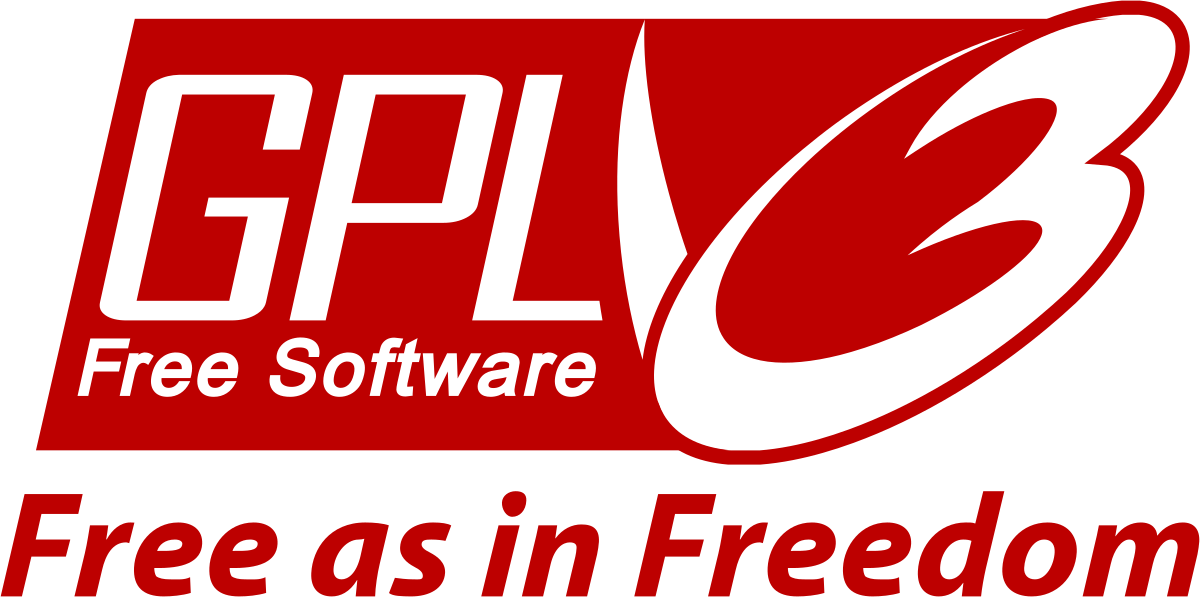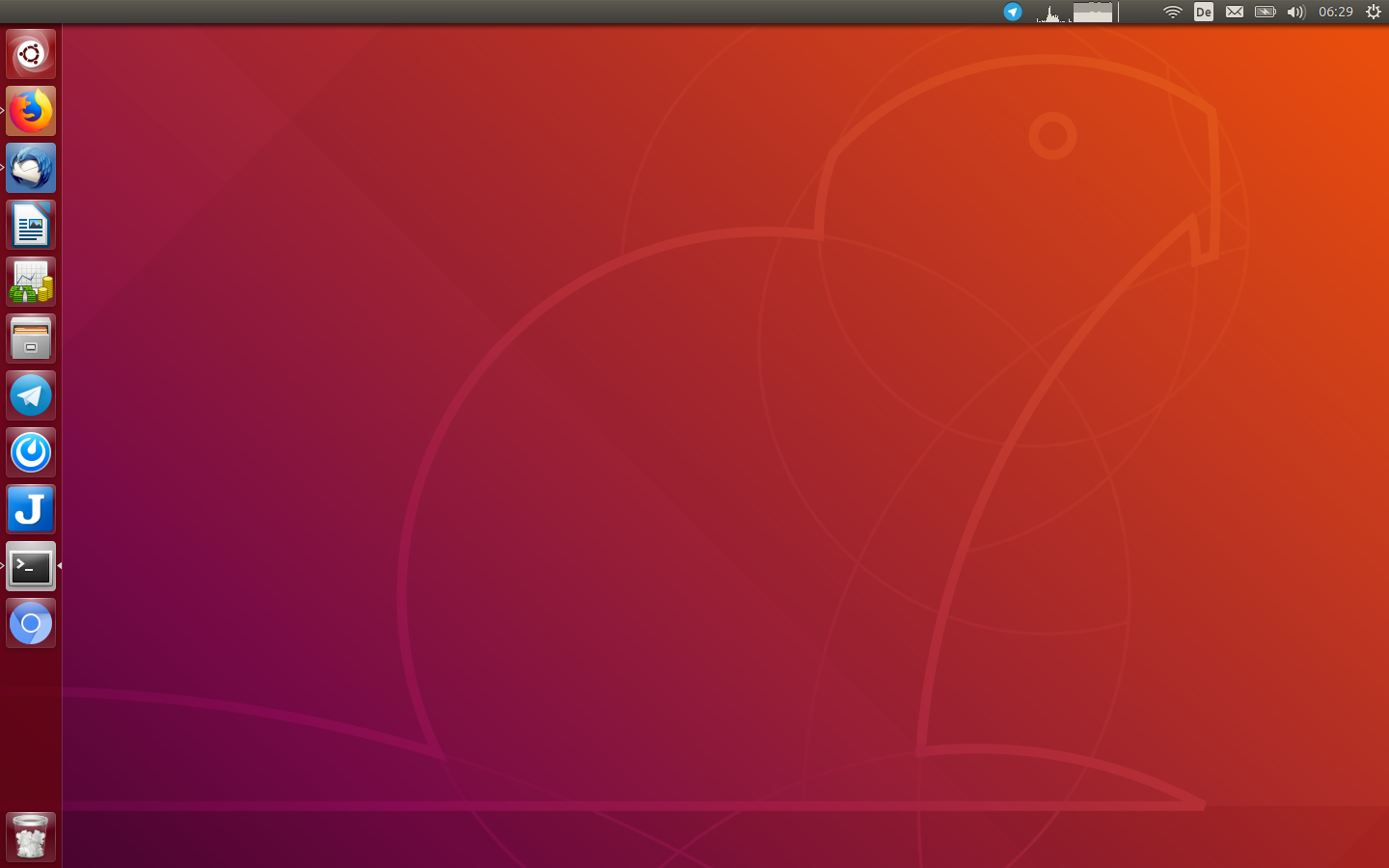I mean it is clear that Microsoft owns Windows and Apple owns Mac OS, but does anybody own Linux? At first glance, you might think nobody does because it’s free and anyone can use it. Also, the Linux source code can be changed or added to by anybody. But remember that though Linux is free, that doesn’t mean it is devoid of ownership. For example, your local park that is free to use for your quidditch meetups is still owned by the city. Dignited still owns this post even though it’s free for you to read. Related Article: How to Install the latest WPS Office on Linux
History of Linux
Linux has been around since 1991. The main creator of the Linux kernel is software engineer Linus Torvalds, hence the name Linux. Linus always wanted to make Linux freely available. Originally he just wanted to limit how it could be used commercially. But he eventually decided to use software from the GNU project to turn Linux into a fully functional operating system. Hence Linux would no longer be just a kernel. Torvalds ended up licensing Linux under the GNU general public license (GPL). This license allows users to modify and distribute the source code. However, whoever distributes Linux has to do so under the same terms. The terms basically assure that any modifications made to the Linux kernel also have to continue being free. Related Article: How to run Windows Apps on Linux But none of that means that Torvalds himself or any other single entity has ownership of the Linux source code in full. Torvalds himself approves a number of changes made to Linux, but that doesn’t give him the copyright to those changes. Therefore you can contribute code to Linux, which then gets approved by the community, but you get to retain the copyright to that piece of code. That means you will become one of the thousands of collective owners of Linux. But keep in mind that because of the terms of the GPL, you can’t forbid anyone else from using or modifying your code in the future. Very many people own a copyright in the different parts of the Linux source code. That makes it hard to imagine that the terms Linux is licensed under will ever change. Related Article: 5 great Linux operating systems for complete beginners
What If Linus Torvalds Wanted to Change the Distribution Policy?
In fact, every copyright holder would have to agree if Torvalds or anyone else wanted to change the way Linux is distributed. For example, a question was raised recently about Linux moving to the newest version of GPL version 3.0. Torvalds himself had serious reservations about it due to version 3 containing restrictions as to how Linux could be used.
But even if he were to say, “Yeah, let’s go for it,” he probably couldn’t get permission from every single person that’s contributed code to the project anyway. However, that doesn’t mean that the name Linux can be used without any kind of restriction. The Linux name is a registered trademark in the United States belonging to Linus Torvalds. It is registered through the Linux Mark Institute.
Related Article: Snaps are the new Linux Apps that work on every Distro
Torvalds decided to register the name to keep others from just using it irresponsibly. With that said, it’s actually free to apply for a license if you’re using the name Linux in the branding for a software-related service. That is whether you’re a software giant like Redhat or just distributing a small homebrew project for free.
Fun fact: Apparently, Linus Torvalds had some reservations about naming the project after himself. He thought that it might seem egotistical. Another fun fact is that Linux is used to control NASA’s Mars Rover.
Related Article: Why use Ubuntu as your primary Operating System?









